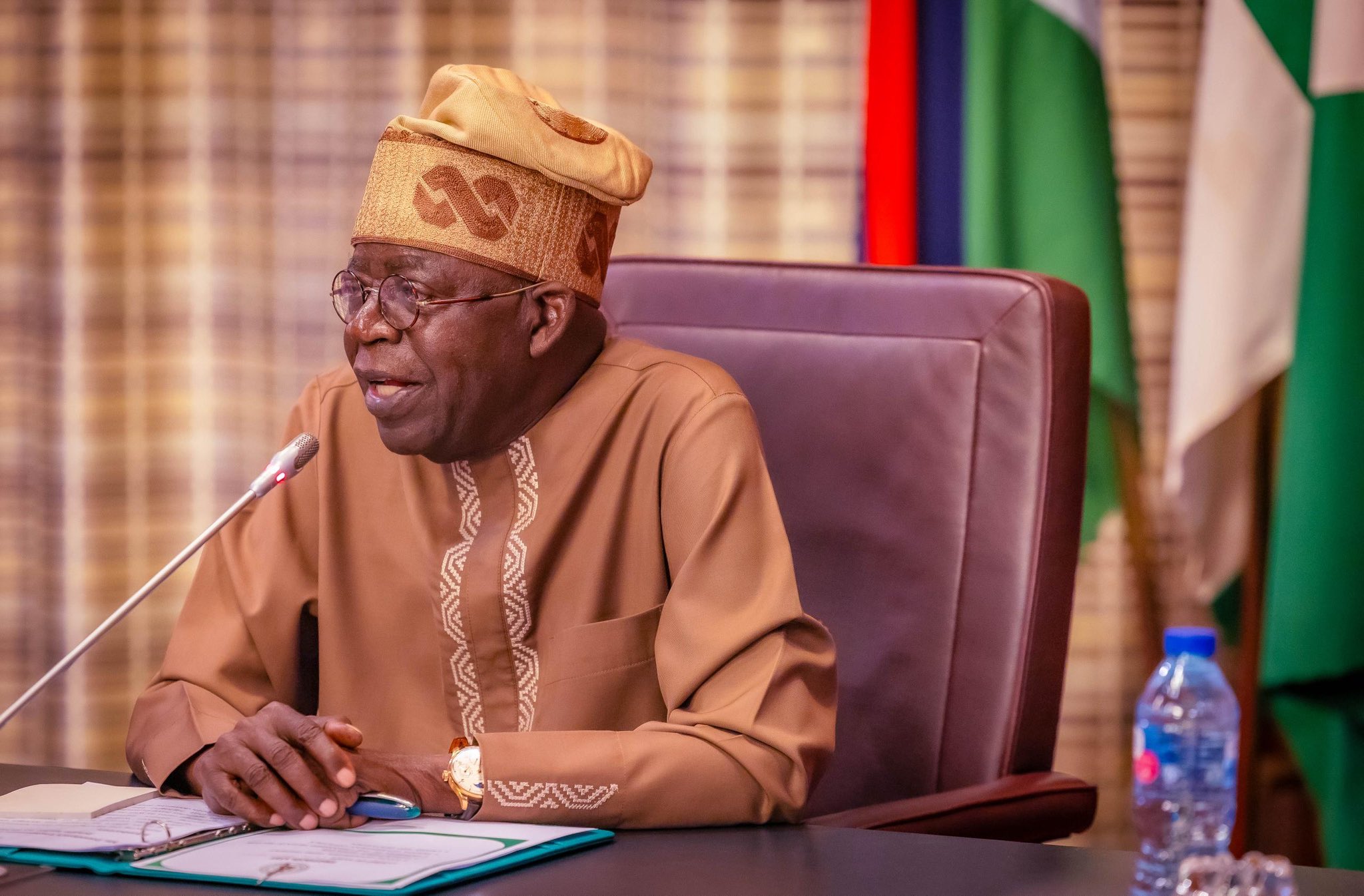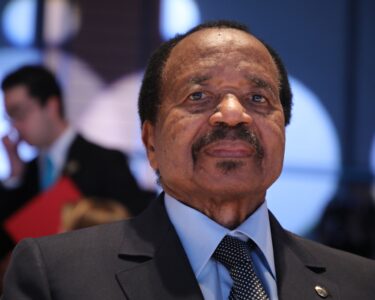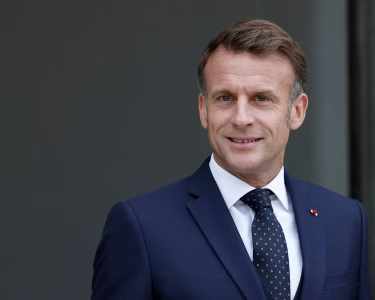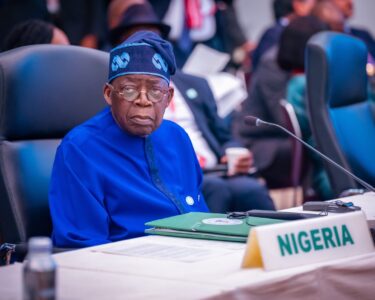Democracy Day Address
President Tinubu reaffirms Nigeria’s democratic values and economic reform agenda
Summary
- President Tinubu celebrates 26 years of uninterrupted democracy, honors fallen heroes, and calls for unity
- Economic reforms show results, with 2024 GDP growth at 3.4%, increased foreign reserves, and expanded consumer credit
- Tinubu rejects claims of a one-party agenda, reaffirms support for political diversity and competition
- Posthumous honors awarded to democracy activists, including Kudirat Abiola, Ken Saro-Wiwa, and the Ogoni Nine
Abuja, Nigeria – President Bola Ahmed Tinubu delivered a powerful address to a joint session of the National Assembly on Democracy Day, reaffirming Nigeria’s commitment to democratic governance and economic reform.
The President reflected on 26 years of democratic progress, outlined economic achievements, rejected claims of a one-party agenda, and paid tribute to national heroes who sacrificed for the country’s freedom.
Opening his remarks with pride, President Tinubu hailed the National Assembly as the embodiment of the people’s will and a guardian of democracy. He emphasized the significance of June 12, recognized officially in honor of the 1993 election won by Chief MKO Abiola, and commended former President Muhammadu Buhari for establishing the date as Democracy Day.
The President paid homage to iconic figures in Nigeria’s democratic struggle, including Chief Gani Fawehinmi, Professor Wole Soyinka, and Alhaja Kudirat Abiola, who was posthumously awarded the Commander of the Federal Republic (CFR).
Tinubu also conferred the Grand Commander of the Order of the Niger (GCON) on Senate President Godswill Akpabio and Speaker Abbas Tajudeen.
In a significant gesture of reconciliation, Ken Saro-Wiwa and the Ogoni Nine were granted full pardons and awarded the Commander of the Order of the Niger (CON).
Turning to current political discourse, Tinubu categorically dismissed allegations of plotting a one-party state. He reminded Nigerians of his record as a governor in 2003, when he stood against political monopoly.
He welcomed new All Progressives Congress (APC) members, including Governors Sheriff Oborevwori of Delta State and Umo Eno of Akwa Ibom State, and called on opposition parties to engage in constructive reform.
On the economic front, Tinubu highlighted the administration’s strides in stabilizing the economy, stating that Nigeria recorded a 3.4% GDP growth in 2024, with foreign reserves increasing fivefold and inflation beginning to ease. He also noted that the Naira’s exchange rate has also stabilized, and states are no longer reliant on borrowing to meet salary obligations.
According to the President, through the Nigerian Consumer Credit Corporation (CREDICORP), over 100,000 Nigerians have accessed credit, with a target of 400,000 youths by July 2025. The President also cited the nationwide fibre optic cable project aimed at bridging the digital divide and supporting innovation and education.
Tinubu urged legislators to support efforts in industrialization, job creation, and food security, praising the National Assembly’s ongoing work on the Tax Reform Package that includes protections for small businesses and the establishment of a Tax Ombudsman.
In line with the federal government’s reform agenda, a ₦100 billion capital-backed National Credit Guarantee Company is also expected to bolster the business environment.
On security, the President acknowledged the efforts of the Armed Forces in reclaiming territories from criminal elements and emphasized improved coordination and use of technology in safeguarding national infrastructure. He called for continued support of the military’s role in defending Nigeria’s democratic future.
Concluding his address, Tinubu called for unity, vigilance, and renewed faith in democratic values. “Our nation is not perfect, but it is strong. Our democracy is not invincible, but it is alive,” he declared, urging Nigerians to uphold the spirit of June 12—freedom, transparency, and social justice.
President Tinubu’s Democracy Day address underscored a vision of progress built on the legacy of those who fought for Nigeria’s freedom and the enduring commitment of its people to build a better, more inclusive future.







